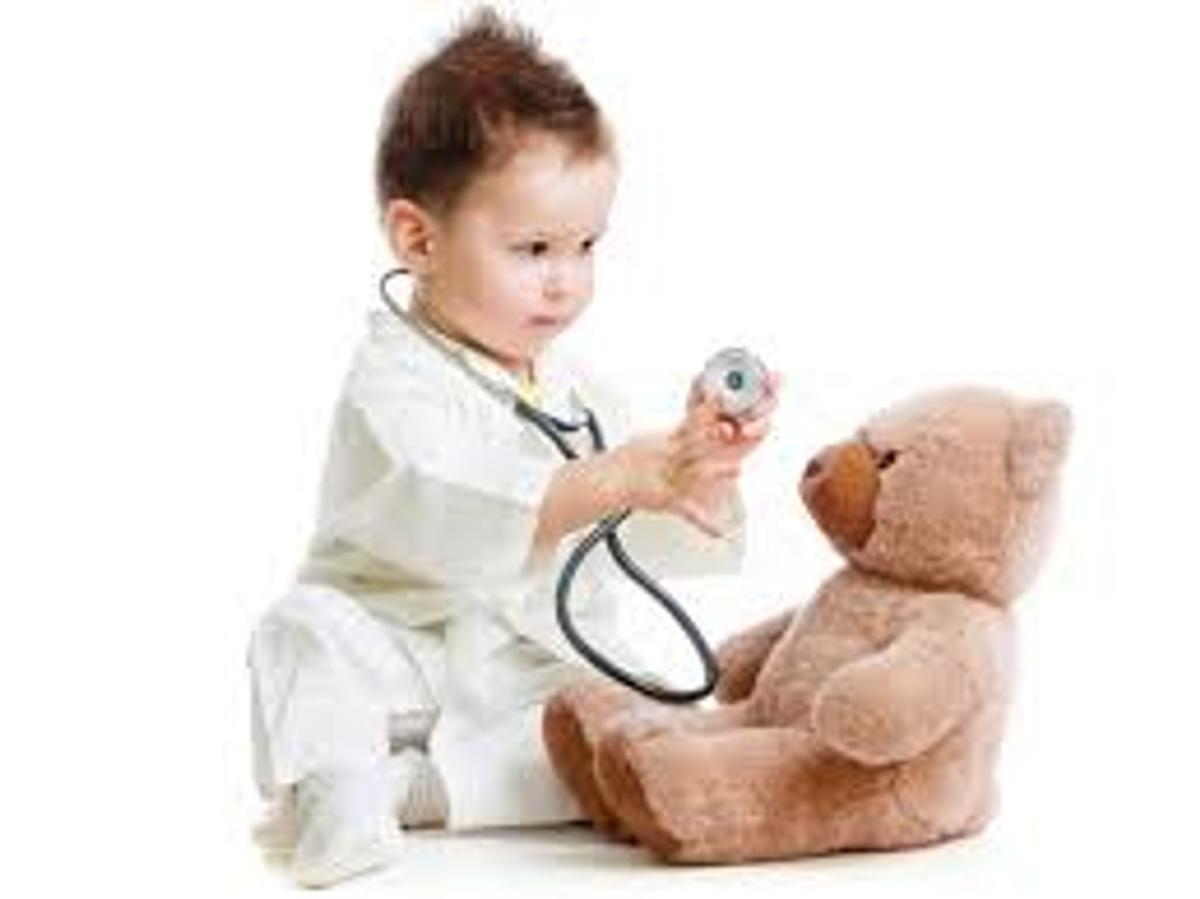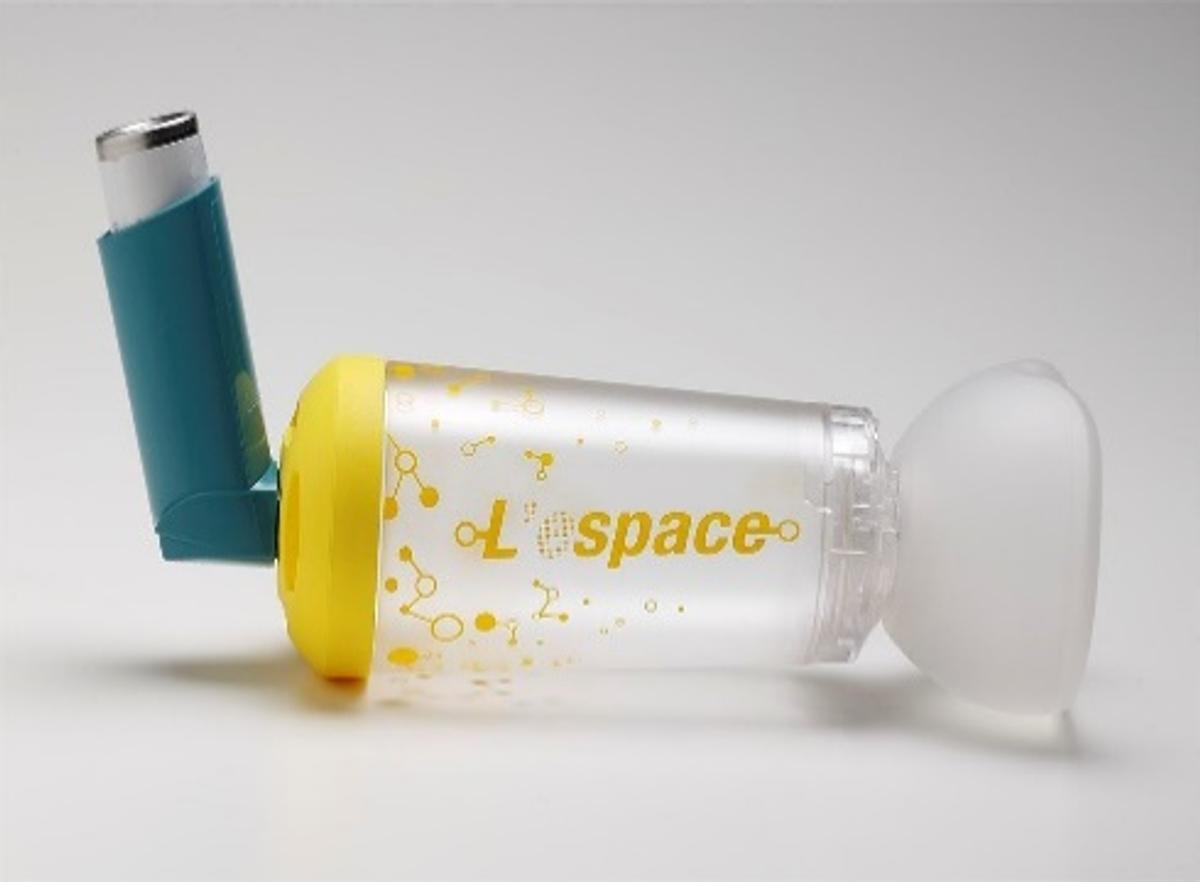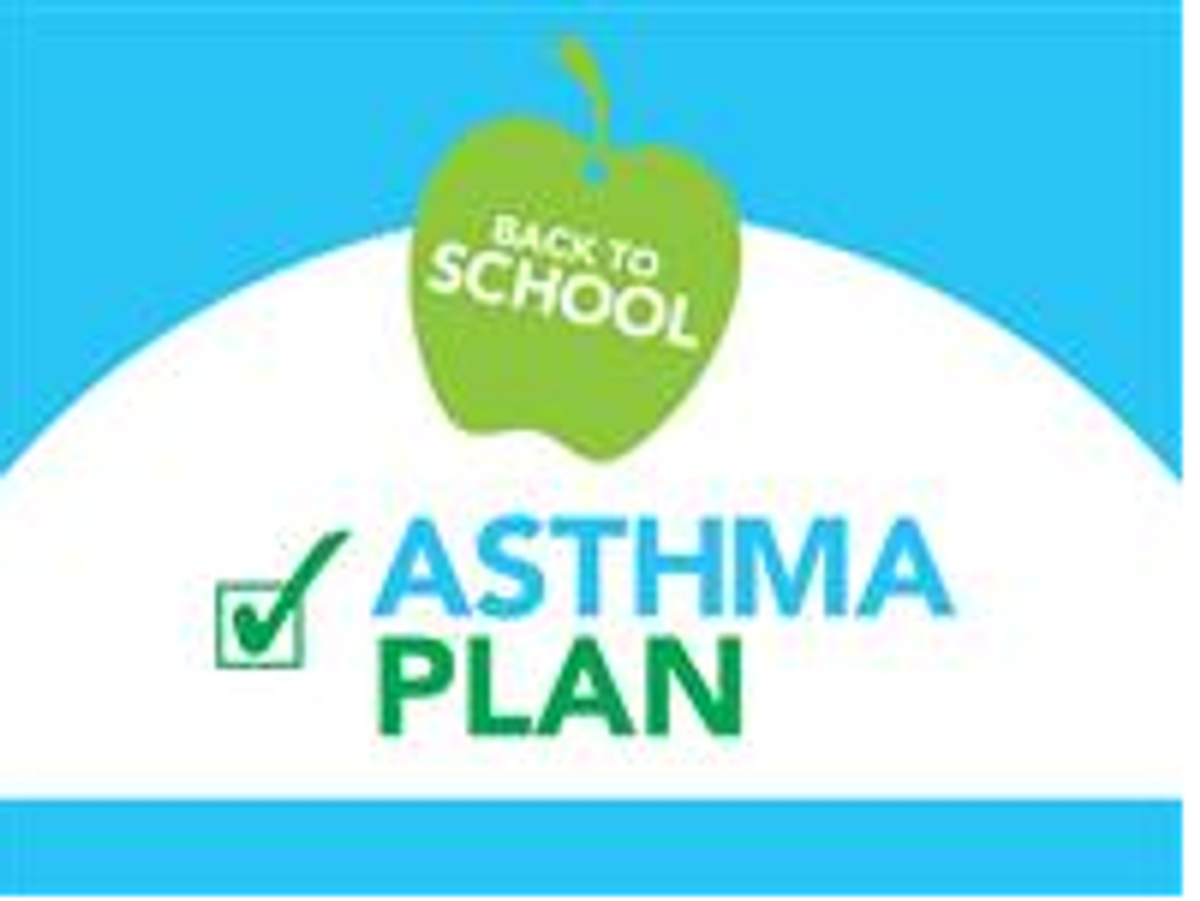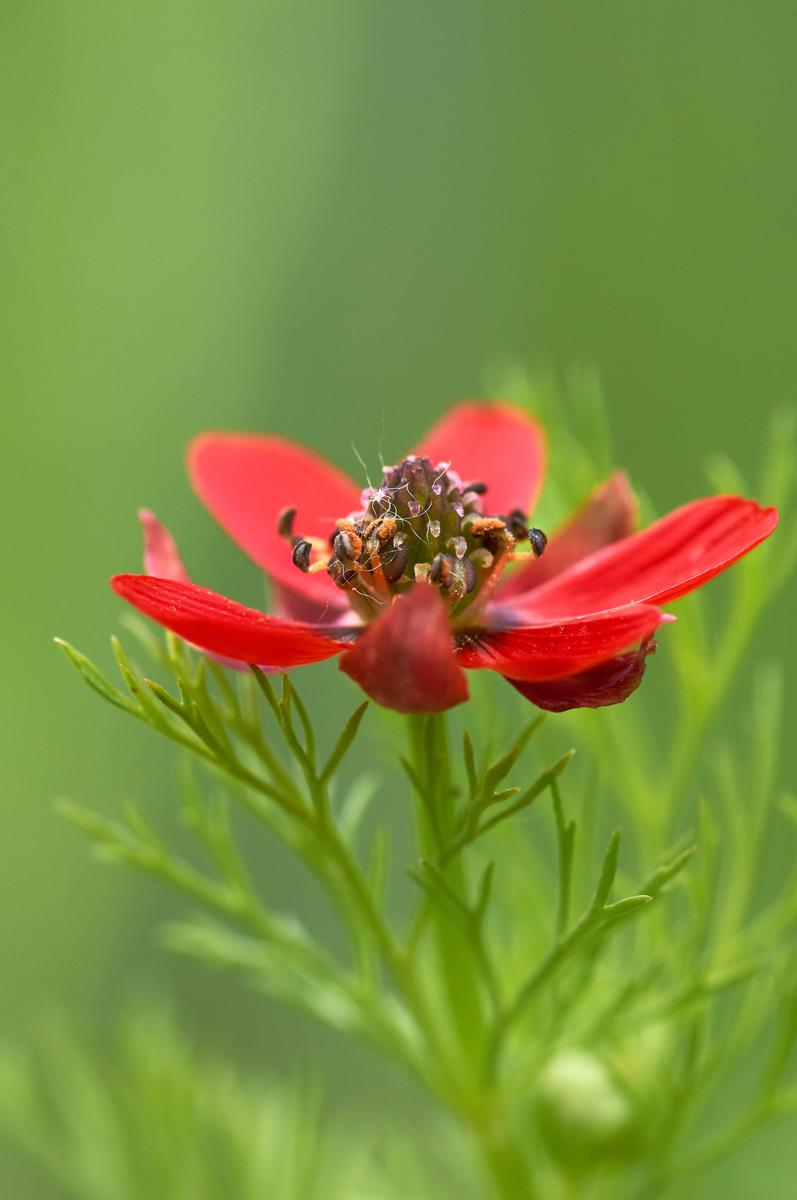Health Centre News
By Nurse Cecile

Health Centre News
By Nurse Cecile


ASTHMA WEEK SEPTEMBER 1 – 7, 2020
Many children and families in our school community are living with asthma each day. This week is asthma week and it is an ideal time to put health and wellbeing at the forefront to ensure you are managing your child’s asthma effectively.
WHAT HAPPENS TO YOUR AIRWAYS IF YOU ARE EXPERIENCING ASTHMA?
Asthma is more common in children and many children grow out of this as they develop.
Further information is available here Royal Children's Hospital Videos on Asthma
Here are some tips that the Asthma Foundation recommend to manage your child’s asthma:
GET SOME SUN : We receive a rich supply of Vitamin D through the sunshine. Studies are showing that Vitamin D may be helpful in asthma management. It also helps boost your immune system and general wellbeing. Remember to be SunSmart when outdoors.


HAVE A CHAT: Talk to your doctor about your child’s asthma. Let them know how you they managing. Keep note of what triggers your child’s symptoms. Ask your doctor for an up to date Asthma Action Plan so you can provide this to the school.


SUPERVISE YOUR CHILD’S ASTHMA MEDICATION: Make sure they take their medication as instructed by the doctor. Ensure they are using the Ventolin and spacer correctly and be mindful of expiry dates. Preventative medication may be prescribed by your doctor and is important to maintain healthy lungs – ensure this is given to your child when instructed to do so.
Here is an instructional video on how to ensure your child is getting their medication effectively. Remember : 1 puff to 4 breaths and repeat 4 times (or as instructed by your doctor)


TALK TO THE SCHOOL NURSE ABOUT YOUR CHILD’S ASTHMA: Keep the school updated with how your child is managing and advise if there are any flare ups. Each year the school requires a revised asthma action plan to ensure that we are treating your child appropriately according to your doctor’s guidelines.


CHECK THE POLLEN COUNT: High pollen counts can trigger asthma so be aware of the daily pollen count. Having the Pollen count app on your phone is recommended if pollen is a trigger to your child’s asthma.


EXERCISE & HEALTHY DIET: Regular exercise promotes health and wellbeing as well as lung function. Keep this as part of your regular routine and ensure you encourage your children to keep active and get outdoors when possible. Healthy eating and foods such as fruit and vegetables play an important part of asthma management.


WHEN WE RETURN TO SCHOOL MAKE SURE YOUR CHILD BRINGS THEIR VENTOLIN IN A CLEARLY LABELLED BAG WITH THEIR SPACER AND A CURRENT ASTHMA ACTION PLAN SO WE CAN TREAT THEM EFFECTIVELY IF REQUIRED.
Remember to always seek medical review if your child is unwell and displays any symptoms of concern.
Further information on asthma action plans can be downloaded here.
Please feel free to contact me if you have any concerns.
Kind regards,
Nurse Cecile